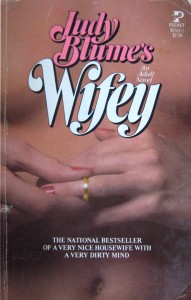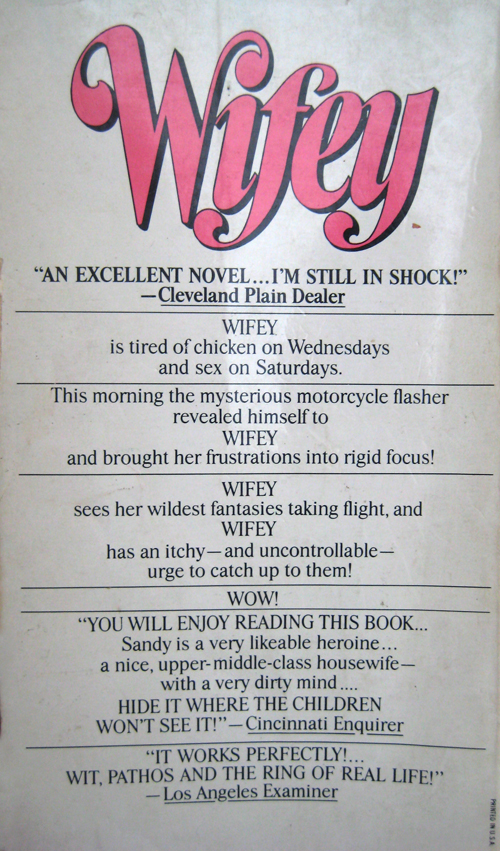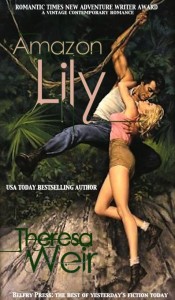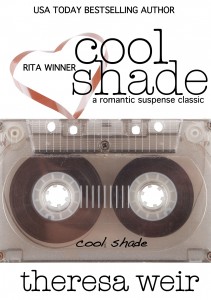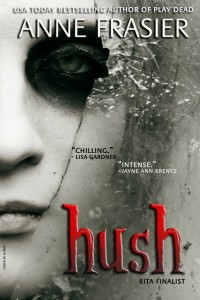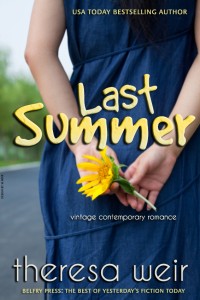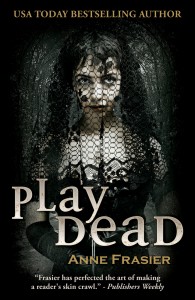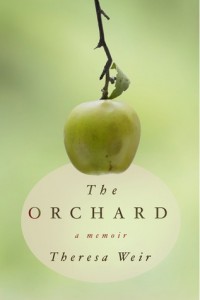You can always tell a true “Friends” fan by the fact that she’ll proudly admit to watching all 10 seasons. She’ll know everything about every lead and be able to name cameo appearances by big-name actors, and to which plot line said actors contributed. She will have her favorite couple and her favorite character. There will be certain episodes that stick in her mind, though each one likely has made some sort of lasting impression. And it’s a guarantee that she will get choked up about its (arguably long-overdue) cancellation.
The way some people—true fans—feel about “Friends” is how I feel for the BBC’s 10-season “Spooks.” I had a friend my freshman year of college who introduced me to the wonders of across-the-pond television programming via some likely less-than-legal and now defunct streaming websites, and I fell in love with the British spy drama that was then in its fourth series. I was able to go back and sneakily watch all the episodes I’d missed to-date, and the long months in between new seasons were pure torture…which I can only assume is how “Friends” followers felt, once upon a time.
When considering our wonk manifesto, you’ll note that we’ve said we prefer heroes and heroines who are strange: physically, psychologically, emotionally, and what have you. After watching a decade’s worth of lusciously accented spies run around diffusing terrorist plots and keeping England safe from all threats, I can tell you I have never watched a show quite so filled with strange. Spies have been given a bad alpha rap, thanks to the arrogantly chauvinistic James Bond; the spooks of Mr. Bond’s brother organization, MI-5, are the most broken band of merry men (and women, though I don’t profile their admitted amazingness here) ever represented on television.
This drama provided grotesque scenes of torture, at one time making waves when actor Richard Armitage agreed to be filmed being waterboarded in the seventh season, in relation to his character’s stint in a Russian prison. It showed various actors suffering from post-traumatic stress disorder, in the form of flashbacks, nightmares, and crying jags so intense they ended up heaving over a toilet. Sex is used as manipulation, as reparation, as an expression of grief, desperation, lust, love. These intelligence officers frequently—and understandably—break down, and then they shore themselves back up in order to give everything of themselves in sacrifice to the safety of their country. They watch people die. They die.
They are without doubt heroes, damaged and bruised. They are not James Bond.
They are also yummy enough to have provided me with a glorious midnight-fantasy reel for the past six years, and I am of the firm belief that wonk-lovers everywhere will fall just as hard as I did (and for those of you haven’t yet, all 10 seasons are streaming on Netflix). And the spies I loved were a wide and varied bunch, though they all, to the casual observer, might be viewed as, “Oh. Sexy. Wanna hear my Sean Connery impression?”
[Spoiler alert. Don’t say you weren’t warned. Watch the series, anyway.]
First, there was Tom Quinn. Played by Matthew Macfadyen (whom most Americans likely know as the most recent incarnation of Mr. Darcy in 2005’s Pride & Prejudice, across from Keira Knightley), Tom was the first heartthrob of “Spooks.” He was also creepily good at lying to the people with whom he tried to build real-world relationships, and in the end, it busted through that cold but charming mask enough to make him question the system…and develop a drinking problem.
Then came Adam Carter, and oh, Adam, how I loved you. Actor Rupert Penry-Jones (Jane Austen’s “Persuasion,” BBC’s “Whitechapel”) gave his character a reckless, infectious boyishness, a spy madly in love with his spy wife—until she’s killed. Then he’s just a hot, broody mess who deliberately seeks out suicidal missions, has massive freak-outs on the job, and is enjoyably foul-mouthed. Oh, and we see his bare arse (and a flash of impressive frontal) several times throughout his three-plus season stint, which makes all the angst worth it. So worth it.
Zafar Younis, portrayed by Raza Jaffrey (now on NBC’s “Smash”), wasn’t a primary protagonist but as a secondary lead he had me drooling. He was quick with a joke, sarcastic and flirtatious, and he was also uncompromisingly tough. Compared with the male “stars,” I feel like he had the steeliest pair of bollocks, and his final episode—the first of the sixth series) remains my favorite of the entire series. His face, in that moment, just kills me. Ironically.
Most women in the romance world recognize Richard Armitage, if not by name then by face; he was the hero of the historical BBC miniseries “North & South” (also an instant must-watch on Netflix) and the deliciously villainous Guy of Gisborne in BBC’s “Robin Hood” (again, see Netflix). As Lucas North, the English spy imprisoned and tortured in a Russian prison for seven years, he’s just as dangerously handsome and rumblingly voiced as always…and his oft-bared torso is covered from neck to wrists in prison tats. He’s stubbly, growly, violent, and he has the craziest case of suppressed amnesia ever.
Honorable mentions on this list go out to Ben Kaplan and Tariq Masood as the nosy journalist-turned-reluctant intelligence agent and the brilliantly nerdy Indian computer hacker-slash-god, respectively. But the final slot in my spy-related roster belongs to Dimitri Levendis, played by Max Brown (of “Tudors” fame). His Greek heritage and time serving as a soldier (“He was SBS. They fight sharks for fun.”) make Dimitri more of a typical jock than the others. It’s not that he’s dumb, per se, but his decisions in the field prove him to be a “gut-feelings” kind of guy, a refreshing change in the final two seasons to all the wicked-smart men who’d come before him. And you know me: I consider the less-than-brilliant heroes, surviving in an alpha world where smarts save your life, wonky in the extreme.
No, it’s not “Friends.” Any laughs I had were momentary and, frankly, surprised out of me. And I won’t deny that the show itself cannot possibly be accurate of life as a spy, British or otherwise. But it’s so full of totally effed-up people, many of whom find time to fall in lust/love at some point, that I can’t help but classify it as wonk to the Nth degree. I am a true fan, and was before I knew to consider it through wonked eyes, and I can tell you honestly that 10 seasons wasn’t enough. I know every character, every notable cameo; I know each major terrorist threat that shaped the plot, each shocking death; I feel feelings and experience general teary-eyed-ness when I ponder my favorite episodes, and I’m still in mourning from its cancellation, though I’ve gone back to watch several seasons again and again. And you know what?
James Bond can suck it.






